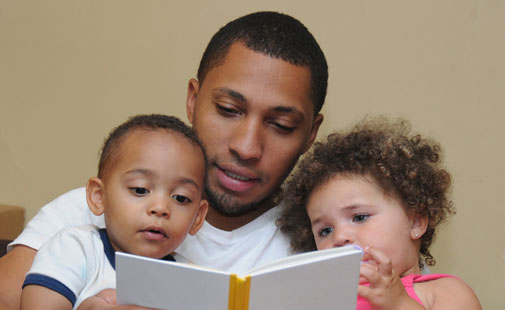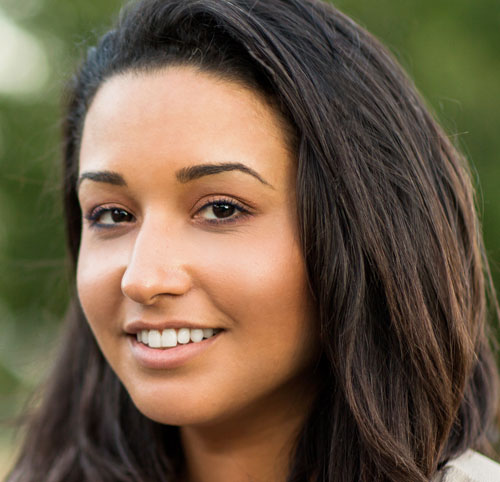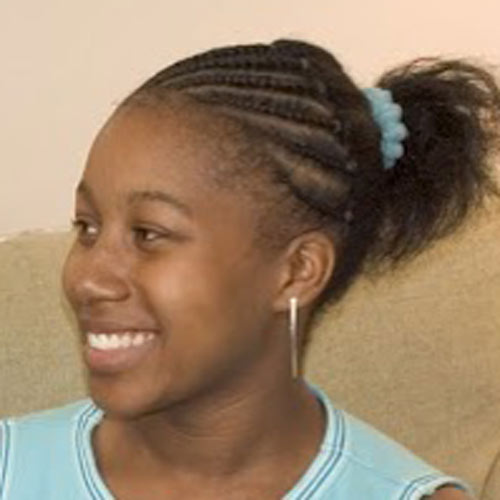
What parents expect Most parents expect their child to be able to do certain things at certain ages. When children aren’t doing what parents expect, sometimes the parents are concerned.
Developmental milestones Developmental milestones are what most babies, toddlers or children do at a certain age. Read more about developmental milestones here>>
Some children Some children grow and change more slowly than we expect. Often they are fine.
If you’re concerned You may be concerned about your child because he isn’t doing new things as soon as you expected.
• If your child is not meeting the milestones for his age, talk with your child’s doctor.
• If you are concerned about any of your child’s behavior or development, talk with his doctor.
Your 3-year-old child Talk to your doctor if your child:
• falls down a lot or has trouble with stairs.
• drools or has very unclear speech.
• can’t work simple toys (such as peg boards, simple puzzles, handles that turn).
• doesn’t speak in sentences.
• doesn’t understand simple instructions.
• doesn’t play pretend or make-believe.
• doesn’t want to play with other children or with toys.
• doesn’t look others in the eye.
• can’t do things he used to do.
Your 4-year-old child Talk to your doctor if your child:
• can’t jump in place.
• has trouble scribbling.
• shows no interest in interactive games or make-believe.
• ignores other children or doesn’t respond to people outside the family.
• resists dressing, sleeping, and using the toilet.
• can’t retell a favorite story.
• doesn’t understand “same” and “different”.
• doesn’t use the words “me” and “you” correctly.
• speaks unclearly.
• can’t do things he used to do.
Your 5-year-old child Talk to your doctor if your child:
• doesn’t show a wide range of emotions.
• shows extreme behavior (unusually fearful, aggressive, shy or sad).
• is unusually withdrawn and not active.
• is easily distracted, has trouble focusing on one activity for more than 5 minutes.
• doesn’t respond to people, or responds only a little.
• can’t tell what’s real and what’s make-believe.
• doesn’t play a variety of games and activities.
• can’t give his first and last name.
• doesn’t use plurals or past tense properly.
• doesn’t talk about daily activities or experiences.
• doesn’t draw pictures.
• can’t brush teeth, wash and dry hands, or get undressed without help.
• can’t do things he used to do.
Your child’s doctor Your child’s doctor will check your child’s growth and development at each well-child visit. The doctor will talk with you about any concerns you may have. This is called “developmental monitoring.”
As soon as possible If your child has a developmental delay, it is important to get help as soon as possible. Your doctor will assist you to get the help your child needs.
Checklist A checklist can help you explain your concerns to your child’s doctor.
Click here to see information from the Centers for Disease Control and Prevention, which includes a checklist>>
Click here to see a checklist from the Preschool Learning Center>>
Is your child on WIC? If your child is on WIC, and you are concerned about his growth, talk to a WIC educator when you visit your WIC center.
Children who are 3 years old and 4 years old may be eligible for WIC. Children are eligible until the age of 5.


